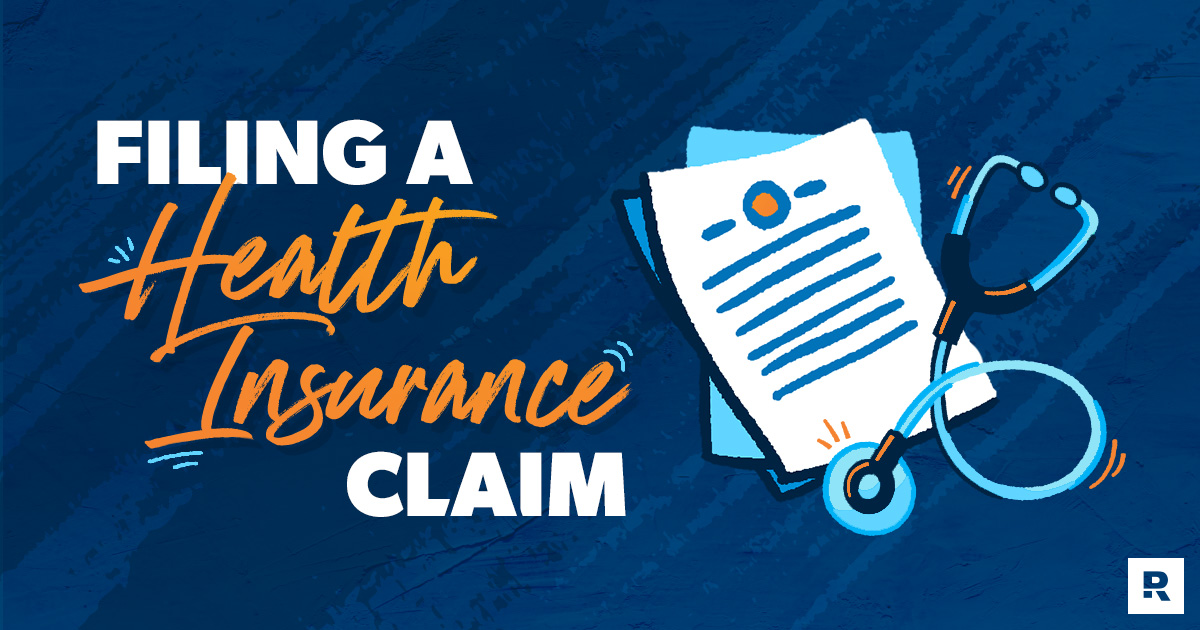How to File a Health Insurance Claim Successfully-www.waukeshahealthinsurance.com
Table of Content
How to File a Health Insurance Claim Successfully

Navigating the world of health insurance can feel overwhelming, especially when it comes to filing claims. A successful claim ensures you receive the coverage you’ve paid for, minimizing out-of-pocket expenses. This comprehensive guide will walk you through the process step-by-step, helping you avoid common pitfalls and maximize your reimbursement. Remember, the specifics may vary depending on your insurance provider, so always refer to your policy documents or contact your insurer directly if you have questions. For residents of Waukesha County, Wisconsin, consider exploring options available through www.waukeshahealthinsurance.com for further assistance.
Understanding Your Health Insurance Policy
Before you even think about filing a claim, thoroughly understand your policy. This includes:
- Your coverage: What services are covered, and what are the limitations? Are there specific deductibles, co-pays, or coinsurance amounts? Knowing these details upfront is crucial.
- Your provider network: Is your doctor or healthcare facility in your plan’s network? Out-of-network care usually results in higher costs and a more complex claims process.
- Claim filing procedures: Your policy will outline the specific steps required to file a claim, including deadlines and required documentation. Pay close attention to these instructions.
- Explanation of Benefits (EOB): Understand what an EOB is and how to interpret it. This document summarizes the services billed, the amounts paid by your insurance, and your responsibility.
Gathering Necessary Information
:max_bytes(150000):strip_icc()/if-you-have-to-file-a-health-insurance-claim-form-2645672-colorV.022-5fe6c16e61c846eb8377cb8166aab7e1.png)
Once you’ve received medical services, gather the following information before filing your claim:
- Your insurance information: This includes your policy number, group number (if applicable), and the name and contact information of your insurance provider.
- Provider information: Obtain the healthcare provider’s name, address, phone number, and tax identification number (TIN or NPI).
- Claim form: Many insurers offer online claim forms, which can simplify the process. You can often find these on your insurer’s website or through your online member portal. If you need a paper form, request one from your insurance company.
- Medical bills: Keep a copy of all medical bills and receipts for your records. These will be crucial for tracking your expenses and verifying the accuracy of your claim.
- Diagnosis codes (ICD codes): These codes specify the medical reason for your visit. Your provider should be able to provide these.
- Procedure codes (CPT codes): These codes describe the medical procedures performed. Your provider should also provide these.

Filing Your Claim

The claim filing process can vary depending on your insurance provider. However, the general steps are as follows:
Online submission: Many insurers offer online claim portals, allowing you to submit your claim electronically. This is often the fastest and most convenient method. Check your insurer’s website for instructions.
Mail submission: If you prefer, you can mail your claim form and supporting documents to the address provided by your insurer. Be sure to use certified mail with return receipt requested to ensure delivery and proof of submission.
Fax submission: Some insurers accept claims via fax. This is generally faster than mail but requires a fax machine.
Through your employer (if applicable): If your health insurance is provided through your employer, your HR department might handle claim submissions. Check with your HR department for their specific procedures.
Important Considerations for a Successful Claim:
- Accuracy is paramount: Double-check all information for accuracy before submitting your claim. Errors can lead to delays or rejection.
- Timely submission: Submit your claim within the timeframe specified in your policy. Late claims may be denied.
- Keep copies: Always keep copies of your claim form and all supporting documents for your records.
- Follow up: If you haven’t received a response within a reasonable timeframe (usually a few weeks), contact your insurance provider to inquire about the status of your claim.
- Appeal denials: If your claim is denied, carefully review the reason for denial and consider appealing the decision. Your policy will outline the appeals process. For assistance with understanding and navigating appeals, resources may be available through your insurer or organizations like the Department of Insurance in your state.
Dealing with Claim Denials
Claim denials can be frustrating, but they are not uncommon. Reasons for denial can include:
- Missing information: Ensure you’ve provided all necessary documentation.
- Incorrect information: Verify the accuracy of all information on your claim form.
- Pre-authorization issues: Some procedures require pre-authorization from your insurer. Failure to obtain pre-authorization can result in denial.
- Out-of-network care: Care received from out-of-network providers is often subject to higher costs and may be partially or fully denied depending on your plan.
- Benefit limitations: Your policy may have limitations on the coverage for certain services.
If your claim is denied, review the denial letter carefully to understand the reason. Gather any additional information needed to support your appeal and follow your insurer’s appeals process. Consider seeking assistance from a healthcare advocate if needed.
Tips for Preventing Claim Issues:
- Choose in-network providers: Whenever possible, use healthcare providers within your insurance plan’s network.
- Obtain pre-authorization: If required, obtain pre-authorization for procedures before receiving care.
- Keep detailed records: Maintain organized records of all medical bills, receipts, and correspondence with your insurer.
- Understand your policy: Familiarize yourself with the terms and conditions of your health insurance policy.
- Ask questions: Don’t hesitate to contact your insurer if you have any questions or concerns. For those in Waukesha, WI, exploring options at www.waukeshahealthinsurance.com can be a valuable starting point.
Utilizing Online Resources and Support
Many insurance companies offer online portals where you can track your claims, access your EOBs, and communicate with customer service. Take advantage of these resources to streamline the process. Furthermore, many websites and organizations provide valuable information and support regarding health insurance claims. For example, the official website of your state’s Department of Insurance can offer guidance and resources for resolving disputes with your insurer.
Filing a health insurance claim successfully requires careful attention to detail, thorough understanding of your policy, and proactive communication with your insurance provider. By following these steps and utilizing available resources, you can significantly improve your chances of a smooth and efficient claims process, ensuring you receive the coverage you deserve. Remember to always consult your policy documents and contact your insurer directly for any specific questions or concerns. For Waukesha County residents, www.waukeshahealthinsurance.com can be a helpful resource in your journey towards securing the right health insurance coverage.
